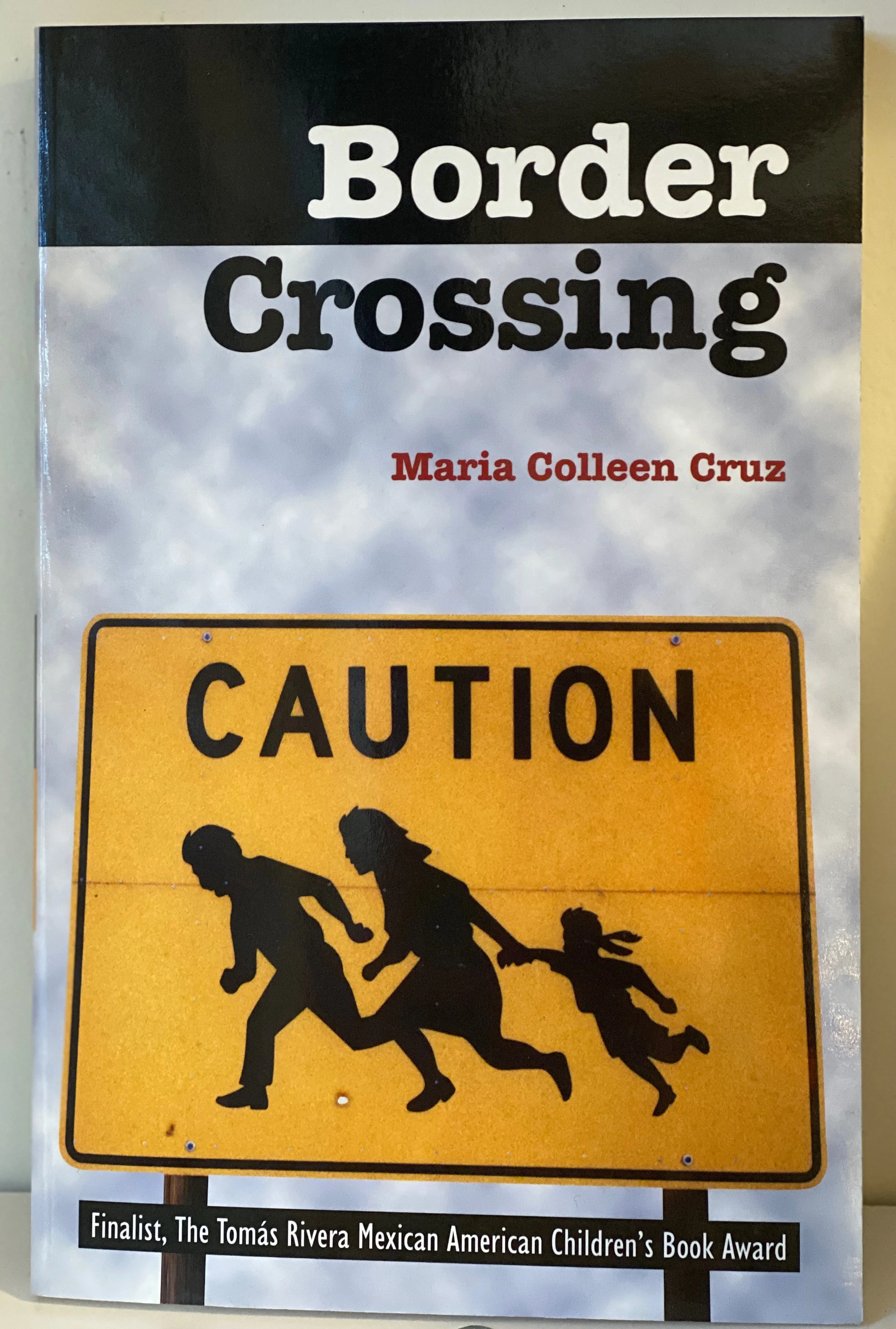Books
You have likely heard the adage, ‘Everyone makes mistakes.’ But what you might not have heard is that there are some predictable reasons why we make these mistakes. Knowing why we make mistakes can help us make fewer mistakes and ensure that when we do make mistakes they’ll be of the more useful variety. Risk. Fail. Rise. delves into mistake research and explores both the mistakes educators make and how to address them as well as how to respond well to student mistakes. To view the trailer click here.
Backed by long-term academic and field research, Writers Read Better: Narrative presents a series of 50 tightly interconnected narrative lesson pairs that can be implemented either as a complete curriculum or as a supplement to an existing program. Each pairing leads with a writing lesson, used as a springboard for the reading lesson that will follow.
We know that writing skills reinforce reading skills, but what’s the best way to capitalize on this beneficial relationship? By flipping the traditional “reading lesson first, writing lesson second” sequence, Writers Read Better: Nonfiction helps you make the most of the writing-to-reading connection with carefully matched, conceptually connected lesson pairs focused on nonfiction. The result is a healthy reciprocity that effectively and efficiently develops students’ literacy skills.
Additional titles

Articles & Blogposts
Common Mistakes We Make When Teaching or Parenting a Child with Dyslexia (and what they tell us about ourselves)
While there is a lot of talk about dyslexia these days, rarely do we hear about the practical realities educators and caregivers face and the mistakes they make while trying to do right by the young people in their care. In this article, Colleen discusses the most commonly made mistakes and gives suggestions for what to do going forward. Please note, this article was first published in Dystinct Magazine.
How Some Mistakes Can Be Generative for Teachers and Students Alike
In this KQED feature, author Nimah Gobir writes about how mistakes can have surprisingly positive effects when handled way. The article centers on the content discussed in Risk. Fail. Rise., Colleen’s book on mistakes.
Making Reading Workshop Work
Co-written with Dr. Sonja Cherry-Paul and Dr. Mary Ehrenworth, this ASCD Educational Leadership article discusses appropriate attention to literacy development, the crucial importance of affirming and sustaining student identity and actively addressing access and specific instructional needs if teaching literacy through a reading workshop model.
First Teachers
In this piece, written as part of the #31Days ofIBPOC series, a project created and curated by Tricia Ebarvia and Dr. Kim Parker, Colleen reflects on her experiences as a student, seeing little representation of her identity in her school teachers. She discusses how, in order to learn to teach as her most authentic self, she needed to look outside the classroom walls to her first teachers. It raises questions for all educators: What was the role of representation on my schooling? Who were my biggest influences in my development as an educator?
When Teaching is Like a Bad Cooking Show
The 2020-2021 school year was like no other. In this Nerdy Book Club blogpost, Colleen shares both her love/hate relationship with cooking shows and how they are an apt metaphor for the wild ride teaching has been during the pandemic.
Creating a Culture that Welcomes Mistakes
We all know that mistakes are important in learning. But what might be less clear is why students still fear making them and what teachers can do in order to create mistake-welcoming classrooms. In this article written for MiddleWeb, Colleen offers strategies for doing exactly that.
Why Setting Boundaries is Helpful for Teachers and Their Students
In this excerpt of Risk. Fail. Rise. published in KQED, Colleen discusses the ways that martyr culture in schools can be harmful to teachers as well as the students they are sacrificing for. Practical strategies for alternatives to burn out are offered. (Spoiler alert: the solution isn’t bubble baths.)
Nothing to Erase
In this piece, Colleen discusses her racial and ethnic identities and how they have affected her way of being in the world as both a human and an educator. This blogpost was written as part of #31DaysofIBPOC, a project created and curated by Dr. Kim Parker and Tricia Ebarvia.








